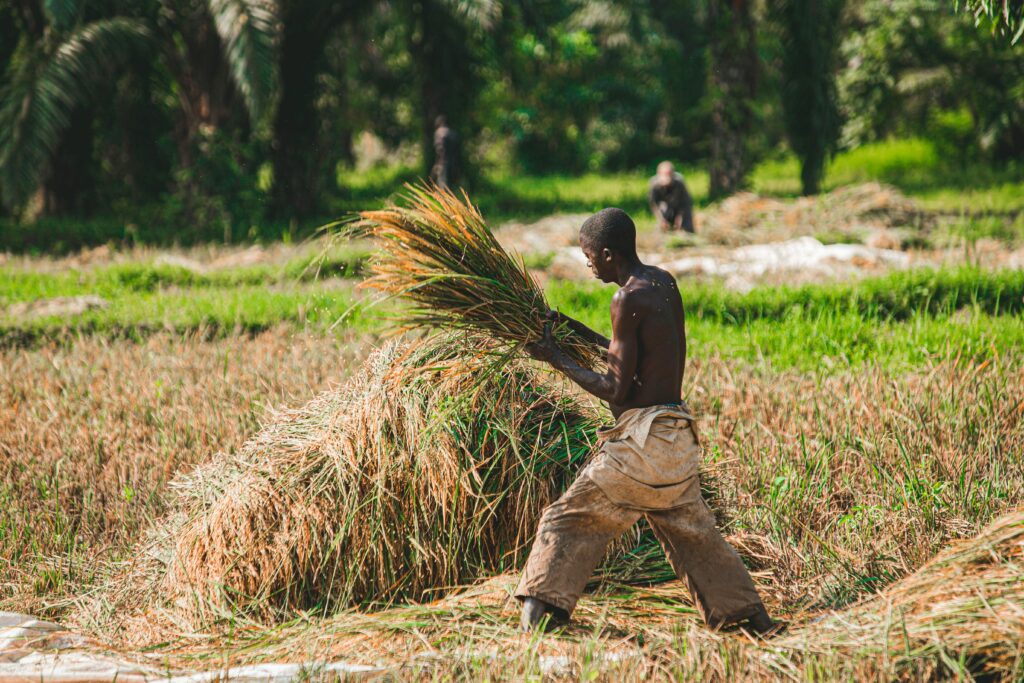This could be our best century- an age of globalisation, structural transformation, gender equality, increased social progress and economic growth. The could be a century of a high literacy levels, poverty reduction, decreased crime and conflicts and integration.
And this could our worst century yet- climate change, structural breakdowns, complexity and inequality. This could be a century of shocking levels of systematic illiteracy, degradation of natural resources, and exclusion.
The African continent, though sufficiently endowed with diverse natural resources remains poor, lagging behind in social and economic transformation. The reason is not far fetched –these resources have not been managed to a productive end. This underscores a valid point–that is, it is the ability to use natural resources for production, and not the availability of those resources that determines socio-economic growth. The rising argument however, is that Africa’s natural resources is commensurate to its population and so, invariably, it is expected to upscale in the realisation of the SDGs. Yet, 9 out of the 10 countries categorised as the poorest are in Africa.
Thus, the question becomes, ‘what is Africa not doing right?’, instead of ‘what is Africa doing?’
Poor management and the degradation of natural resources, and absence of supported agricultural growth mirror a failure of past policies to advance rational administration of renewable natural resources.
To tackle these issues appraised, it is pertinent to introduce and sustain continued rural development through increased agricultural expansion and productivity, diversifying from subsistence-oriented farming to a more market-oriented farming. Since agriculture and rural development go hand in hand, agri-industrial development through technological innovation should be prioritized and pursued. The advent of agri-based processing industries and a strong private-public partnerships (PPPs) will yield significant increase in employment rate and income-generating possibilities especially for small rural farmers. Furthermore, women and young persons will be encouraged to participate more in the sector, by removing obstacles undermining such participation (access to land and credit). Such people-centered transformation coupled with strengthened small-scale farming and market-oriented operations will allow Africa meet the challenges of combating hunger through a sustainable and equitable green revolution.
Livestock are crucial to rural income and household nutrition and food security. To protect, restore and promote the sustainable use of the terrestrial ecosystem, exploring sustainable Intensification will heighten socio-economic impact in line with SDG 15. The goal is to increase productive yields from already existing farmland and livestock without degrading the environment. To do this, the provision of sustainable quality animal feeds is essential to enhance productivity, and should be made available at local markets for easier access of the rural farmers. More, animal health should be considered to meet rising export standards— to improve the quality of livestock and increase export earnings through this resource. In addition, cross breeds between local and exotic breeds should be encouraged to advance local gains, while clipping activities like poaching, pollution and over-exploitation.
Human lives are dependent on the survival of trees. Yet, we do not seem to appreciate this implication considering our harmful behaviours. The effect of deforestation on our continent undermines subsistence agriculture and exacerbates the impact of climate change amongst others. In this light, it is important to engage in Forest Tax reforms which will strengthen accountability and transparency in the use of forestry. This step is empirical as evidenced in Gabon’s GDP growth from 2.5% in 2004 to 4.7% in 2009. Furthermore, reduction of practices that fuel deforestation should be adopted. Seeing that forests are renewable natural resources, they have a high potential to decrease ozone depletion (green house gas effects) and mitigate the impact of climate change. In addition, we must encourage reforestation and address underlying causes of deforestation such as tree felling to earn an income, while promoting agroforestry to increase biodiversity, reduce erosion and increase soil fertility. This will checkmate degradation in natural forests on one hand and on the other, curb poverty by continuing to create employment (as an index for social development).
Above all, human resource is imperative in the management of renewable natural resources to achieve sustainable transformation. This arises in acknowledgment of the fact that renewable natural resource cannot be managed in the required manner without adequate skill and information. As succinctly put by His Excellency, Paul Kagame President of Rwanda at the 2016 World Economic Forum on Africa, “Development is about more than money, or machines, or good policies. It is about real people and the lives they lead”.
In conclusion, I am a strong believer of Africa and its potential. I believe that what Africa needs to develop or, at least, kickstart transformation, is embedded within its geographical territory. It is time we disproved the rising conception that “natural resources are indeed a blessing, not a curse”. This could be our best century yet.



